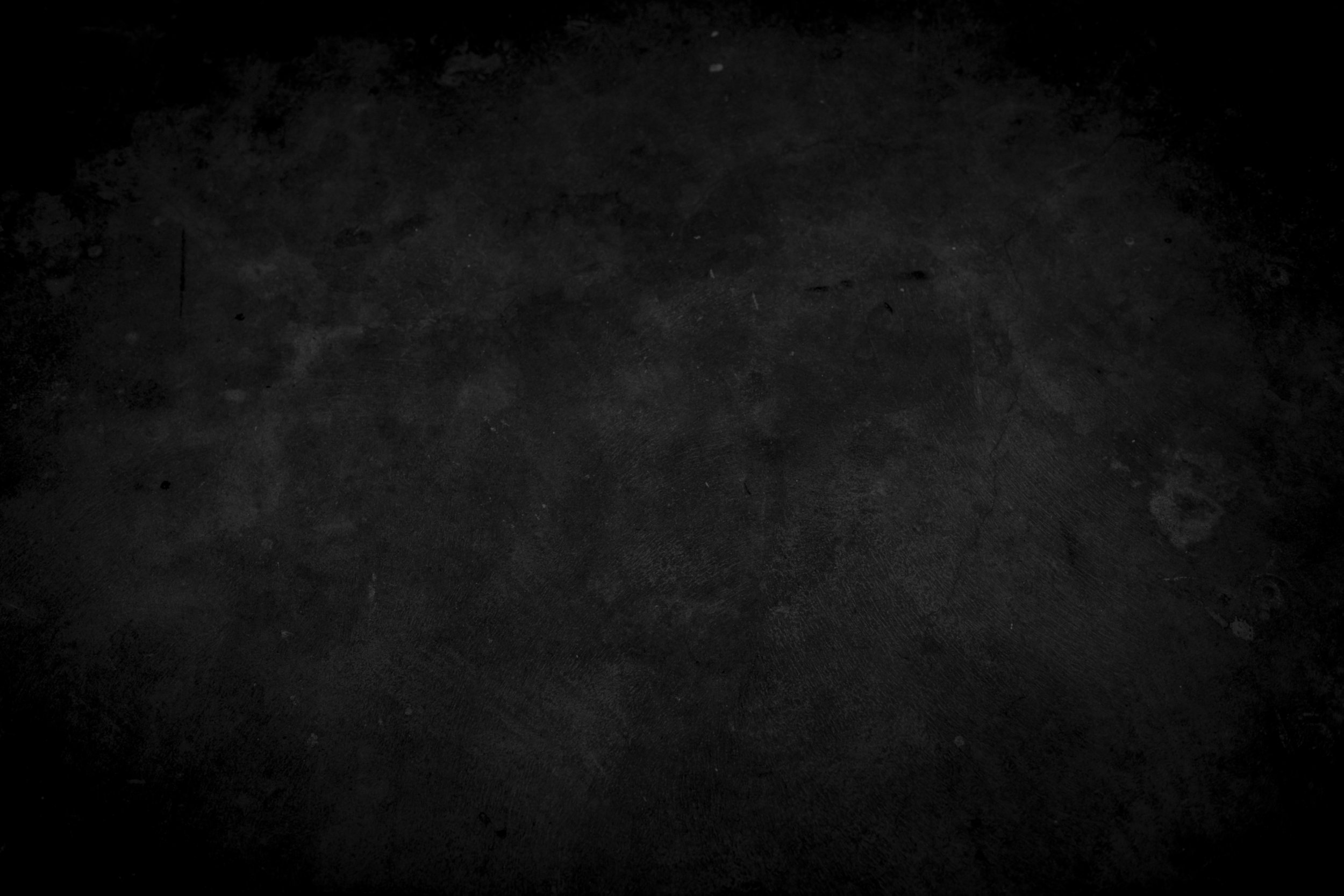
Recognizing the Signs of Mold in Your Home

Welcome to our mold remediation blog, where our mission is to guide you toward creating a healthier living environment. In this post, we'll illuminate the subtle yet critical signs of mold presence in your home. Mold, a stealthy intruder, can impact both your property and your health. Recognizing these signs early on is pivotal to preventing extensive damage and potential health issues.
Mold often announces its presence through a distinctive musty odor, reminiscent of earthiness. Pay close attention, especially in areas with poor ventilation like basements or crawl spaces – these could be hiding spots for mold growth.
Visual cues are equally important. Mold comes in various forms and colors, ranging from the notorious black mold to green, white, or even orange. Inspect walls, ceilings, and corners for visible patches, remembering to check less frequented spaces like closets and attics.
Water stains on walls or ceilings should not be overlooked, as they are red flags for potential mold growth. Investigate the source of these stains promptly to prevent further damage.
If you or your family members experience persistent sneezing, coughing, or skin irritation, it may be a sign of mold-induced allergies. Mold spores can trigger allergic reactions that shouldn't be ignored.
Respiratory problems, especially in those with pre-existing conditions like asthma, can worsen with mold exposure. If there's an uptick in respiratory symptoms, it's essential to consider the possibility of mold in your home.
Excessive condensation on windows or high humidity levels can create an ideal environment for mold growth. Monitor indoor humidity and address any issues promptly to mitigate mold risks.
Moisture behind walls can cause paint to peel or bubble, indicating potential mold growth. Pay close attention to these visual cues and inspect the affected areas thoroughly.
Structural issues, such as warped or bulging walls, may be a consequence of water damage and mold growth. Don't overlook these signs, as they can point to hidden mold colonies.
Deterioration of caulk or grout, especially in damp areas like bathrooms and kitchens, may signify mold growth. Regularly check these areas as part of your maintenance routine.
Frequent respiratory infections without an apparent cause may be linked to mold exposure. Consult a healthcare professional if respiratory issues persist.
In conclusion, by staying vigilant and recognizing these signs of mold in your home, you empower yourself to take proactive measures. Regular inspections, addressing water damage promptly, and maintaining proper ventilation are crucial steps in preventing mold growth. If you suspect mold in your home, don't hesitate to seek professional mold remediation services for a thorough assessment and safe removal. A healthier home is just a step away!
DONT IGNORE THE SIGNS



